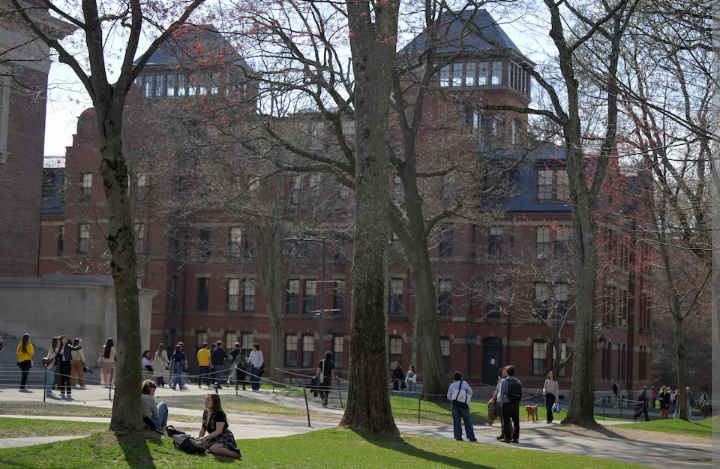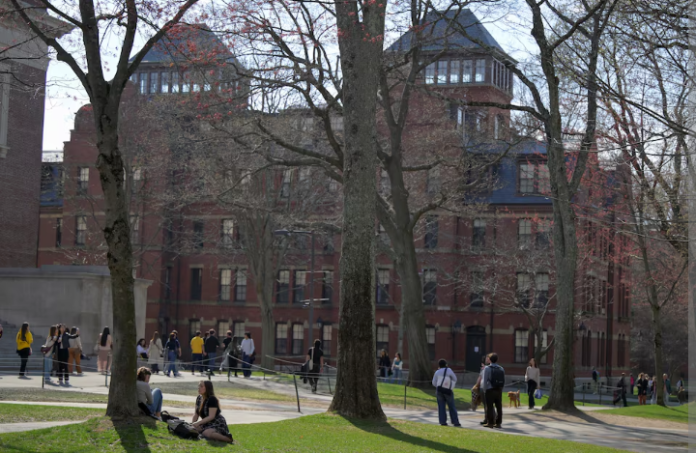In a bold move to protect its academic integrity and research mission, Harvard University has announced a $250 million internal funding initiative to support researchers affected by the recent federal grant freeze imposed by the Trump administration.
The Ivy League powerhouse, long regarded as a global leader in research and higher education, made this announcement following a sweeping decision by the federal government to suspend nearly $3 billion in grants and contracts—most of which supported medical and scientific research projects.
According to Harvard, the university is stepping up in what it calls “an extraordinarily challenging time” to prevent life-saving and innovative research from grinding to a halt. University President Dr. Alan Garber, who has been a vocal critic of the Trump administration’s policies toward higher education, said the institution is doing everything possible to shield its scholars from the fallout.
Garber, alongside Provost John Manning, stated: “The administration’s decision is not only an attack on Harvard, but on academic freedom and scientific progress across the country.”
The Trump administration has justified the freeze by claiming that institutions like Harvard promote “anti-American, Marxist, and radical left ideologies.” President Trump has been particularly critical of elite institutions that employ high-profile Democrats or endorse liberal perspectives, accusing them of fostering bias and indoctrination.
The situation escalated last month after Dr. Garber rejected a set of controversial demands from the federal government. These included an overhaul of Harvard’s leadership, faculty hiring, admissions policies, and even a review of political ideologies held by students and professors. Just hours after Harvard’s refusal, the federal grants were abruptly terminated.
In response, Harvard has filed a lawsuit against the Trump administration, calling the move unconstitutional and a direct violation of free speech and academic freedom. A federal judge in Boston has ordered the government to respond to the lawsuit by June 9, with a hearing scheduled for July 21.
Despite its vast endowment, Harvard emphasized that it cannot shoulder the entire financial burden alone. The university is working closely with affected researchers to help them secure alternative funding from private and international sources. Meanwhile, President Garber has voluntarily accepted a 25% pay cut starting in July, and the institution has implemented a hiring freeze to manage costs.

“The implications of these grant freezes go far beyond Harvard,” the university warned in a public statement. “This action threatens the future of scientific innovation and discovery in the U.S., at a time when global competitiveness and public health depend on it.”
The Trump administration has also accused Harvard of continuing to use race as a factor in admissions and of failing to address alleged antisemitism on campus, particularly following last year’s pro-Palestinian student demonstrations. Harvard maintains that its policies fully comply with federal law and court rulings and reiterated its commitment to inclusivity and combating all forms of discrimination.
As the legal battle unfolds, all eyes are on whether other institutions will follow Harvard’s lead—or if this marks the beginning of a broader conflict between academia and politics in America.



